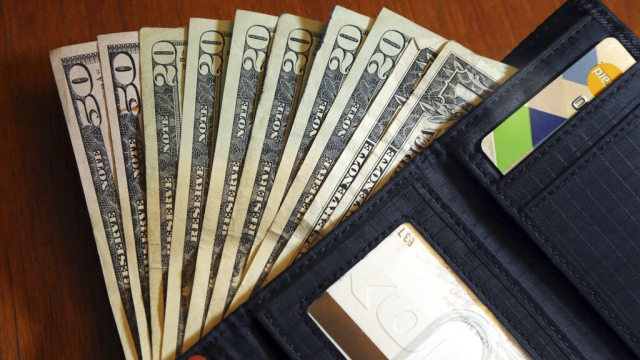Over half of Americans say they're not even close to financial freedom
Over half of Americans say they're not even close to financial freedom

scrippsnews.com
Over half of Americans say they're not even close to financial freedom

Over half of Americans say they're not even close to financial freedom

Over half of Americans say they're not even close to financial freedom
